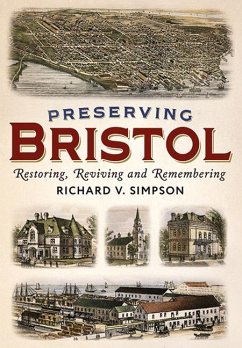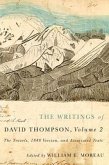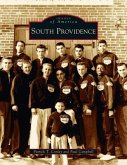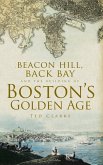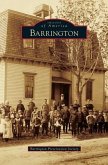Bristol, Rhode Island is the sire town in the smallest county in the smallest state. Originally part of Plymouth Colony, Bristol Harbor was the most important seaport of the colony. Few realize that Bristol's harbor was once the fourth busiest seaport in the country. Its harbor is deep and until the twentieth-century accommodated deep-hulled merchant vessels and the grand passenger steamers of the Fall River Line. Within Bristol's borders are found the finest collection of late-eighteenth and early nineteenth-century municipal buildings and private residences in the state. Founded in 1680 as a commercial venture by four wealthy Boston investors, the town's prosperity has grown through various endeavors, from the nefarious Atlantic slave trade to boat building, manufacturing, and exports during its more than three centuries. In this book, author Richard V. Simpson regales the reader with compelling stories of the lives and times of the town's colorful inhabitants, their estates, and their adventures during the Revolution and privateering during the War of 1812.
Bitte wählen Sie Ihr Anliegen aus.
Rechnungen
Retourenschein anfordern
Bestellstatus
Storno

